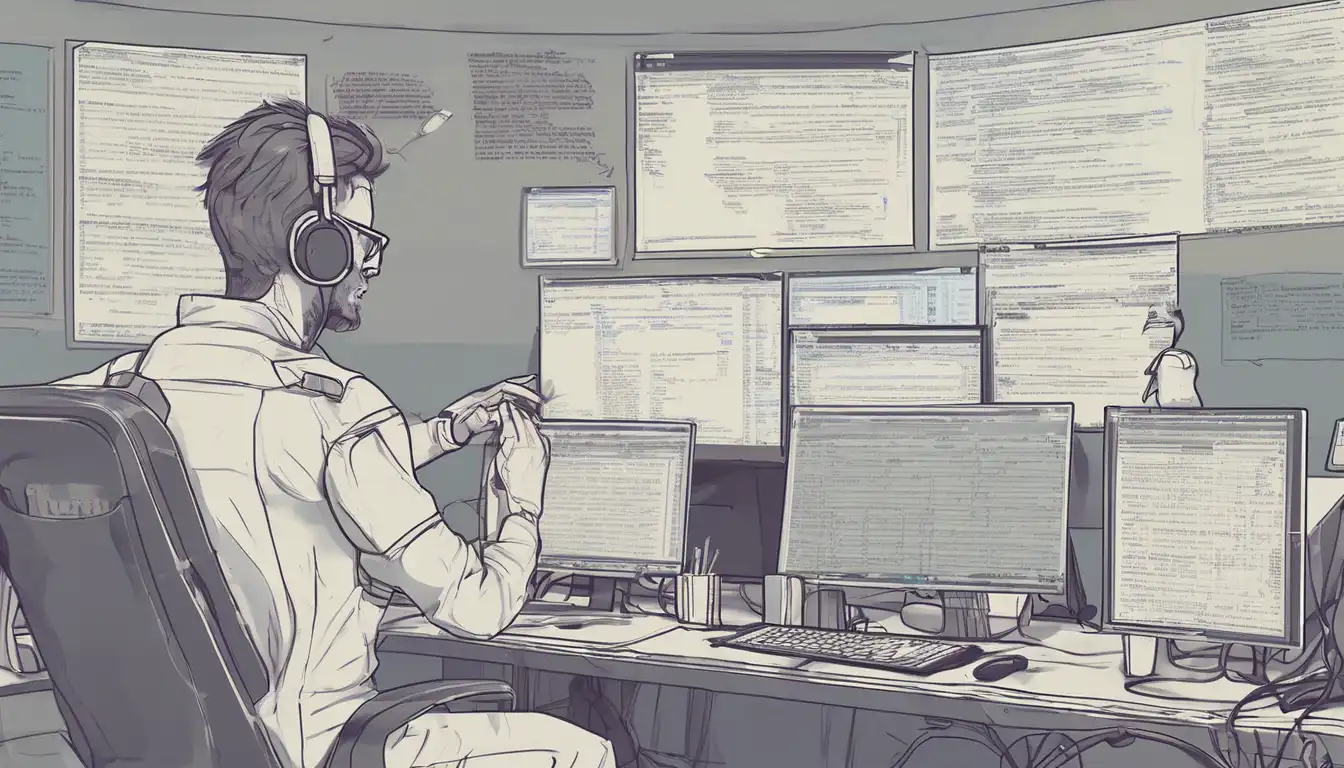Introduction to Professional Code Debugging
Debugging is an essential skill for any programmer, yet many struggle with it. This guide will walk you through the professional techniques to identify, isolate, and fix bugs in your code efficiently.
Understanding the Debugging Process
Before diving into tools and techniques, it's crucial to understand the debugging process. It involves identifying the bug, isolating its source, fixing the issue, and then testing to ensure the fix works without introducing new problems.
Essential Debugging Tools
Modern IDEs and text editors come equipped with powerful debugging tools. Features like breakpoints, step execution, and variable inspection can significantly speed up the debugging process.
- Breakpoints: Pause your code execution at specific lines to inspect the current state.
- Step Execution: Execute your code line by line to observe how variables and logic flow change.
- Variable Inspection: View the current value of variables at any point during execution.
Common Debugging Techniques
Beyond tools, certain techniques can make debugging more effective:
- Rubber Duck Debugging: Explaining your code line by line to an inanimate object (like a rubber duck) can help you spot errors.
- Binary Search: Comment out half of your code to isolate the section causing the issue, then repeat until you find the bug.
- Logging: Insert log statements to track variable values and execution flow.
Advanced Strategies
For more complex issues, consider these advanced strategies:
- Unit Testing: Write tests for individual components to catch bugs early.
- Code Reviews: Having another set of eyes review your code can uncover hidden issues.
- Static Analysis Tools: Use tools that analyze your code without executing it to find potential bugs.
Debugging Mindset
Adopting the right mindset is perhaps the most crucial aspect of debugging. Stay patient, methodical, and open to the possibility that the bug might not be where you initially thought.
Conclusion
Debugging like a pro requires a combination of the right tools, techniques, and mindset. By mastering these aspects, you can significantly reduce the time spent on debugging and improve the quality of your code. Remember, every bug you encounter is an opportunity to learn and grow as a programmer.
For more insights into programming and software development, check out our programming tips section.
